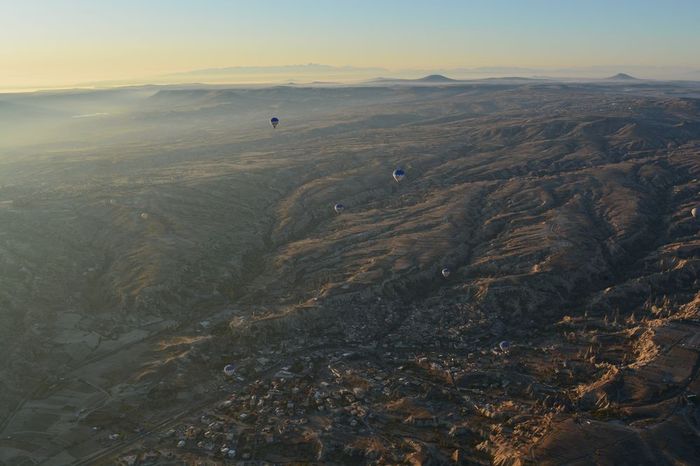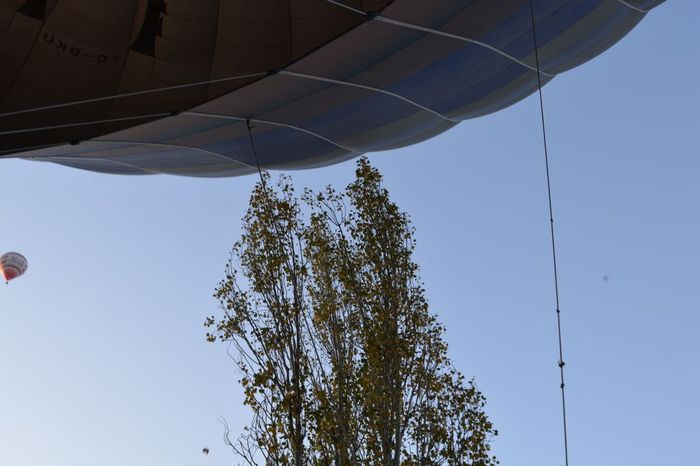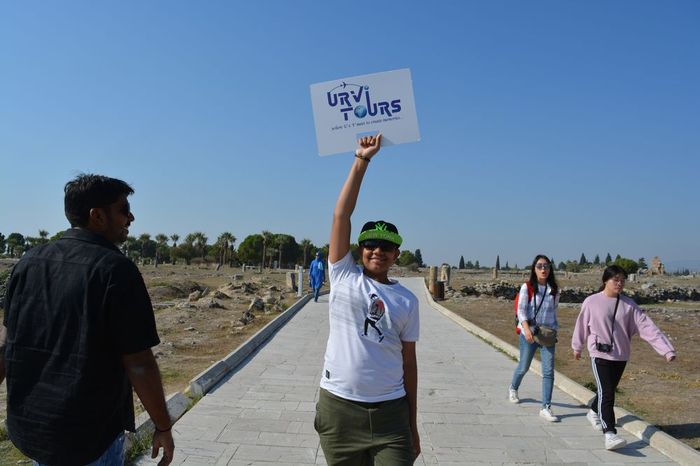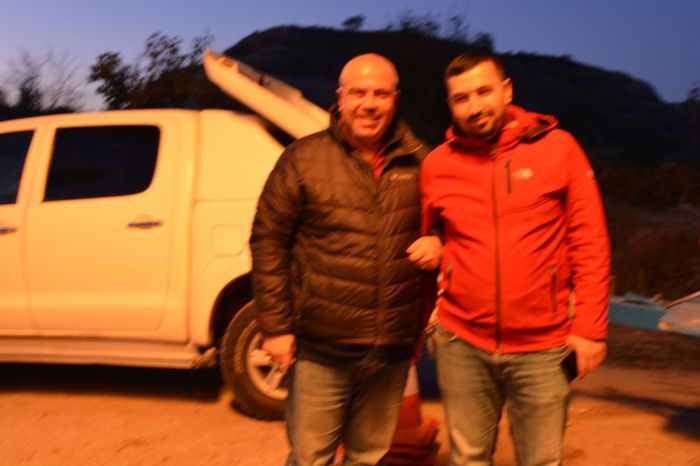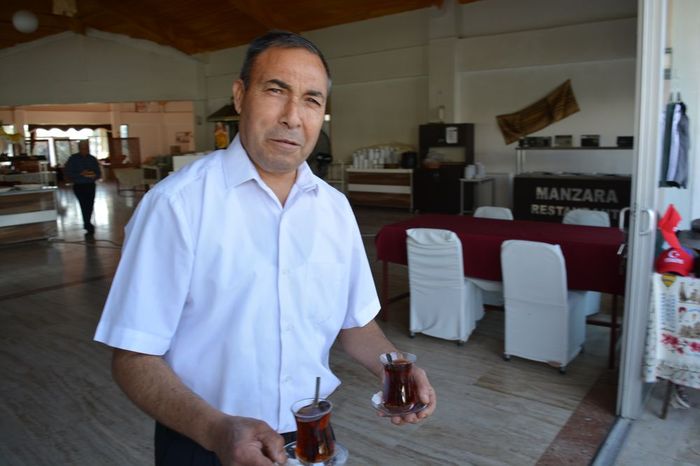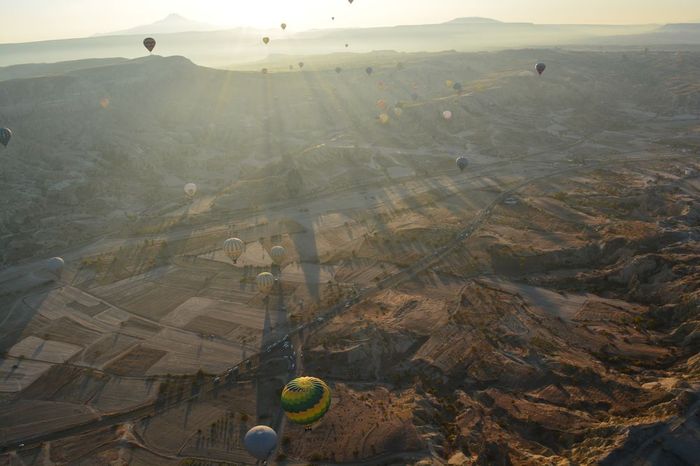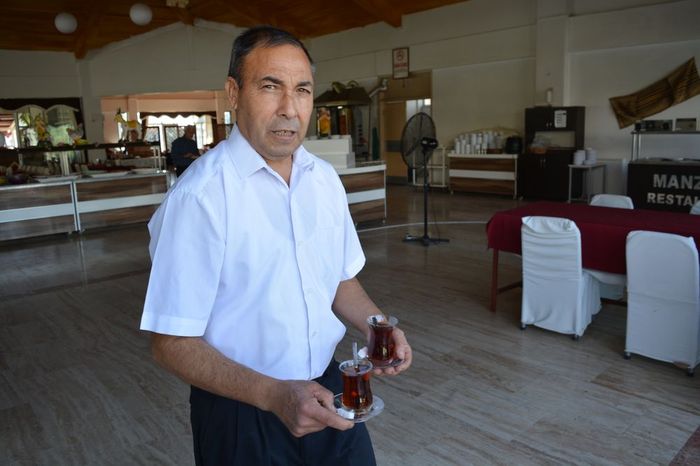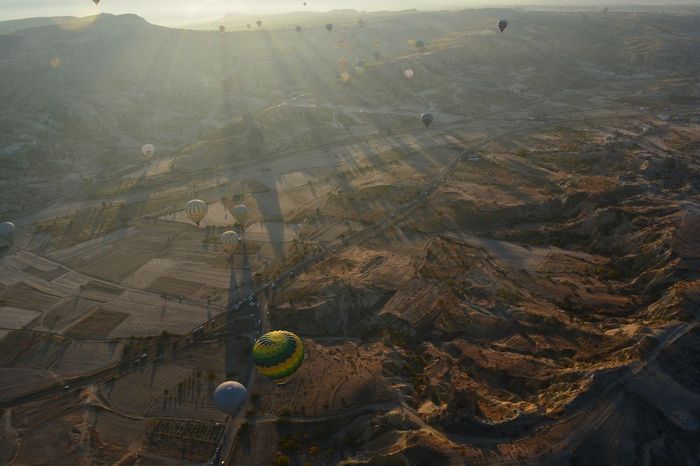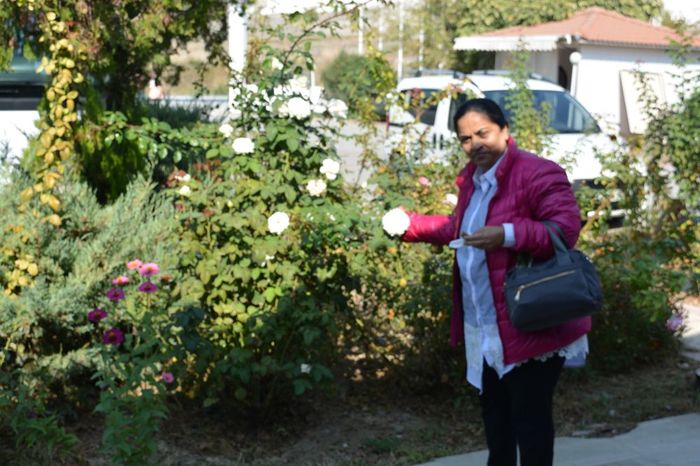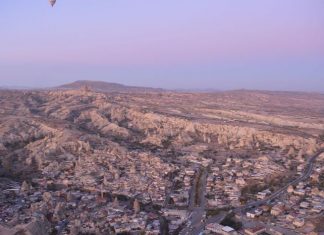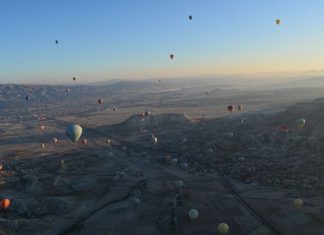Turks Franks Cumans and Manichaeans part 15
And there was no end to their unseasonable loquacity. If any one of the ministers tried to cut them short, the Emperor prevented him...
Turks Franks Cumans and Manichaeans part 14
Therefore he made himself all things to all men, and by re-arranging matters as far as possible, according to circumstances, he applied himself to...
Turks Franks Cumans and Manichaeans part 13
For never throughout his whole reign did the Emperor enjoy even a short time of rest, as enemies after enemies kept continually cropping up....
Turks Franks Cumans and Manichaeans part 12
Now when the Ambassadors from Persia arrived, the Emperor, a formidable figure, seated himself on his throne and the men, whose business it was,...
Turks Franks Cumans and Manichaeans part 11
All these things that Frank, who was nervous and still in dread of the Roman fleet, recounted to Balduinus. That then is what happened...
Turks Franks Cumans and Manichaeans part 10
At that time the governor of Philadelphia was Constantine Gabras who had sufficient men to garrison the town; the semi-barbarian Monastras (who has often...
Turks Franks Cumans and Manichaeans part 9
The whole barbarian race is like that, it is always agape for presents and money, but is very little inclined to carry out the...
Turks Franks Cumans and Manichaeans part 8
Then they brought other jars containing a great deal of naphtha which caught the fire and made the flames shoot up into the air...
Turks Franks Cumans and Manichaeans part 7
So Butumites and his fellows deposited the money in the bishop’s residence at Tripoli, as we have said. But on Balduinus’ hearing of these...
Turks Franks Cumans and Manichaeans part 6
He also enjoined on the men mentioned, more especially on Manuel Butumites, that after receiving the money from Philocales, they should anchor off Tripoli...
